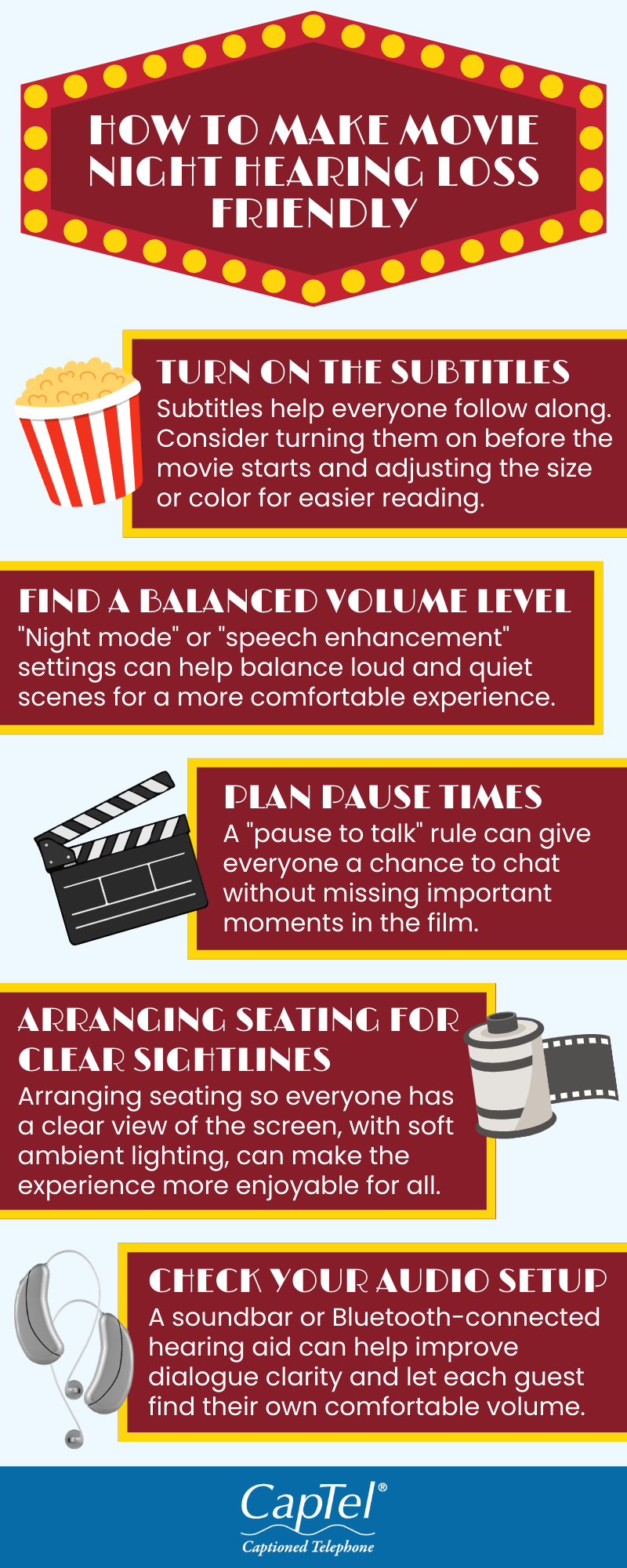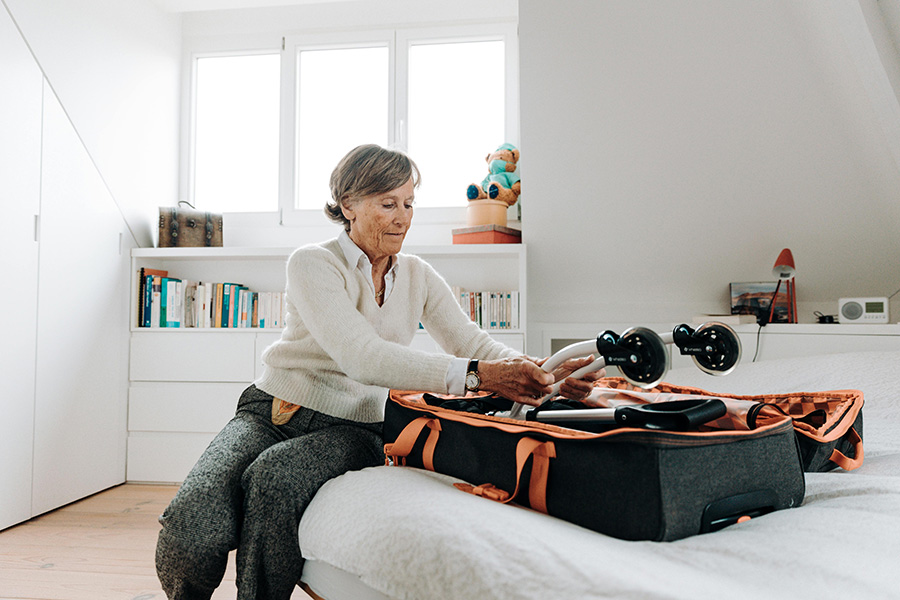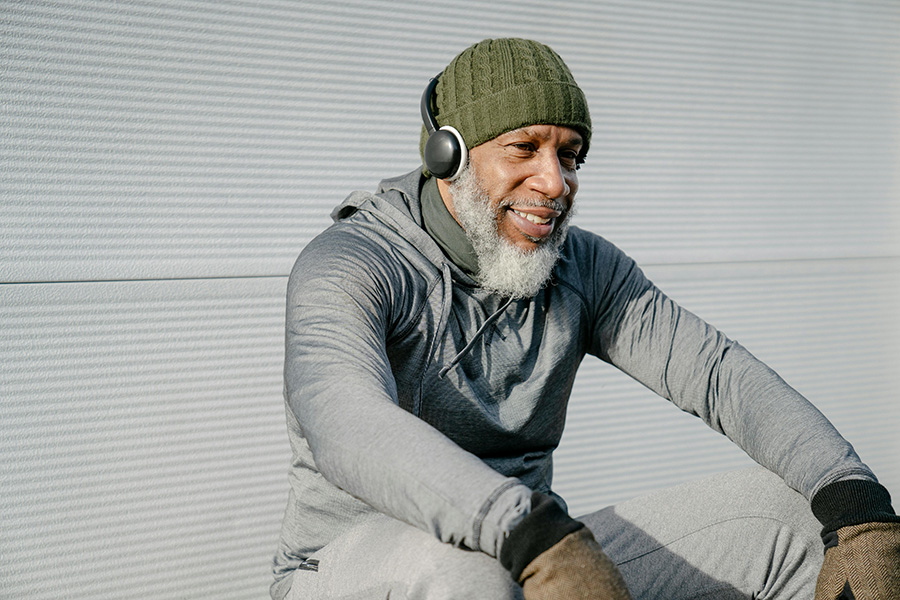Asking for accessibility accommodations may feel daunting, but here are some tips on practicing.

Asking for accessibility options for hearing loss can, at first, feel awkward. But getting used to asking questions, knowing your rights, and feeling confident when speaking up can be incredibly empowering. In this blog, we’ll take a look at how to prepare yourself to get comfortable asking about hearing loss accessibility and some situations where you should request these accommodations.
Get Familiar with Laws and Regulations
The first step to empowerment and confidence in requesting hearing loss accessibility is knowing your rights. Reading up on the relevant laws and regulations provided under the ADA (Americans with Disabilities Act) can give you a baseline on what legal options you’re entitled to. Helpfully, several hearing loss support organizations provide online summaries and fact sheets about your rights under the law, as well as the legal requirements for businesses, organizations, and services to provide accessible access. Take a moment to read through the relevant points and familiarize yourself with the scope of “reasonable accommodations” you are legally entitled to as a person with hearing loss. It may be helpful to start a notebook or document with highlights from your research and to compile your questions and any answers you find in one place for reference later.
Find an Accessibility Support Group
Finding a hearing loss group in your area can help you get comfortable talking about accessibility with others facing similar challenges, asking similar questions, or talking about the laws or regulations surrounding hearing loss accessibility rights. Try reaching out to larger, national branches for guest speakers, or hosting a night with legal representatives who can answer the group’s questions.
Practice in a Safe Space
A sure-fire way to become more comfortable is to practice! Buddy up with a friend or with members of your hearing loss support community to practice asking for accommodations or reminding others about ADA requirements. Try using common phrases like, “Do you have written material?” “What accommodations can you provide for hearing loss?” or “According to the ADA, this is a reasonable request to help me perform better at my job.”
Going through it a few times with a trusted friend can help raise your comfort level in advocating for yourself. You may also want to practice asking questions for other scenarios, like travel, tours, or excursions. If speaking is still nerve-wracking, you can always have written communication cards available with your requests, similar to a communication preference card.
Some Situations You May Request Support
The workplace is the most common and crucial setting to request additional support or reasonable accommodation, but accessibility does not stop there. You can ask for written materials, personal amplifiers, or captioning systems in museums, theaters, during travel, with a tour group, in classrooms and auditoriums, and other public venues. Asking for accommodations, like to be seated closer to a presenter, within view for lipreading, or to have conversations transcribed or summary notes written and distributed, are all legitimate requests that can help make your trip, conference, or workplace easier to navigate. People are generally happy to help if they know how they can be of assistance. Consider practicing before your event, trip, or outing to address accessibility questions you think may come up, so that you are ready to ask with confidence.
You can also ask facilities if they have accessibility for hearing loss features ahead of time. Museums, art galleries, and even theme parks may have resources on their websites about ADA compliance features or additional accessibility options they offer to make your adventure more comfortable. Planning ahead and requesting printed material can give the staff ample time to prepare for your request.
Getting comfortable asking accessibility questions can be simple if you break it down. Start small, like doing some research and practicing alone, before jumping in to ask questions in real-world scenarios. And remember, most people are going to want to help and encourage you! It can make your adventure that much more rewarding. For more hearing loss blogs, visit our blog.


